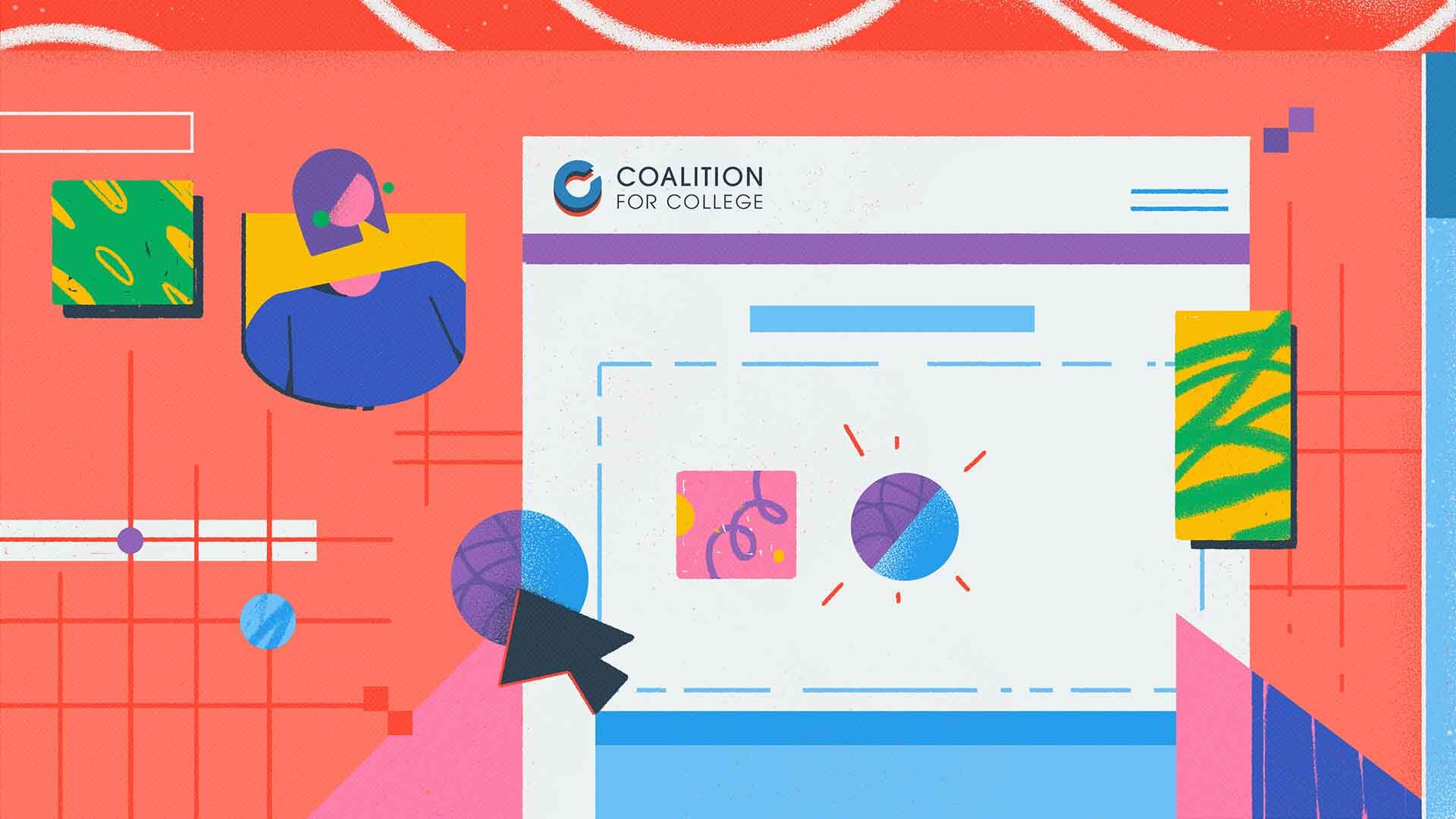Pathway to Medical School
If you’re dreaming of one day becoming a doctor, the first major step is choosing the right college, major, and program for an undergraduate degree. These choices will set the foundation for your journey to medical school. Here’s what to consider as you start your college search.
Choosing the Right Major
The first question you may be wondering is, “do I need to major in science?” The answer is no! While many pre-med students choose science majors like biology or chemistry, medical schools accept students from all academic backgrounds as long as they complete the required prerequisite courses. But, keep in mind that having a background in science could be valuable in building your foundation for medicine.
The prerequisites for medical school often include:
Biology with lab
General and Organic Chemistry with lab
Physics with lab
Mathematics (Statistics and/or Calculus)
English or Writing
As you're deciding on your intended major, consider three main things — your interests, passions, and your strengths. Choose a major that excites you. A genuine interest in your area of study will make you more engaged and successful. So, if you excel in science, maybe biology or chemistry is the right fit, but you could still choose programs in humanities or social sciences if that is where your strengths lie.
Picking the Right College
Now that you have an idea of what interests you, there are a few things you should be looking for in a college or university that will help support and prepare you as you begin your journey to medical school. Look for:
Pre-Med Advising Programs: Look for schools with dedicated advisors who can help you select courses, prepare for the MCAT, and navigate the medical school application process.
Research and Clinical Opportunities: Check to see if the school has partnerships with hospitals, clinics, or research labs where you can gain valuable experience.
Strong Science Curriculum: Ensure the school offers rigorous and well-regarded programs in biology, chemistry, and other sciences.
Student Support Services: Look for schools with tutoring programs, mental health support, and extracurricular opportunities to help balance the challenges of pre-med life.
Affordability: Medical school can be expensive. Consider costs and financial aid options when choosing your undergraduate institution.
Special Programs to Consider
Some colleges may offer unique programs that can enhance your pre-med pathway, or even make it easier. Here are a few to keep an eye out for:
BS/MD or BA/MD Programs: These combined programs guarantee admission to medical school after completing your undergraduate degree.
Early Assurance Programs (EAPs): These allow you to apply to medical school earlier in your undergraduate career, sometimes waiving the MCAT requirement.
Honors Colleges or Programs: Often provide smaller class sizes, special research opportunities, and additional advising support.
After Graduating
After completing your undergraduate degree, there are a few more steps before you become a doctor. We won’t go into specifics as you don’t need to worry about all this quite yet, but here’s a brief overview of what to expect.
Take the MCAT: The Medical College Admission Test (MCAT) is a critical part of your application. Most students take it during or shortly after their junior year in college.
Apply to Medical School: Just like applying for an undergraduate degree, you’ll submit transcripts, test scores, letters of recommendation, and a personal statement.
Complete Medical School (4 years): The first two years focus on classroom learning while the final two involve clinical rotations.
Residency Training (3-7 years): After medical school, you’ll train in your chosen specialty. These specialties have different requirements in terms of how many years it will take to complete training.
Licensing and Practice: Pass licensing exams and officially begin your career as a physician!
So, as you’re preparing for your pathway to medical school, start with choosing a major and go from there. Thinking about all of this now can make your journey smoother and more rewarding. And with thoughtful planning and dedication, you’ll be well on your way to achieving your dream of becoming a doctor.

